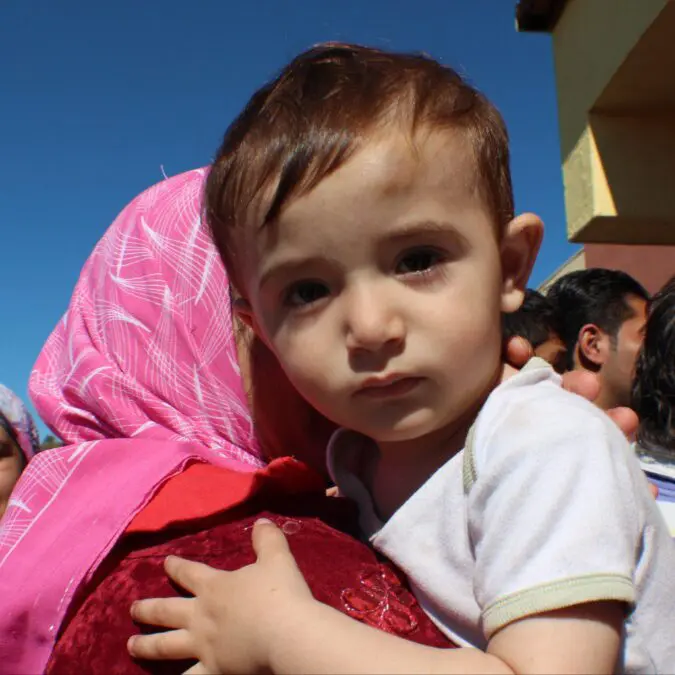Christians are generally aware of the need for the Church to participate in addressing and resolving social problems. This is natural, because the goal of the Church is not to remain on the periphery, but to turn to man in all aspects and manifestations of his life. Only in this way does the Church serve man in the example of Christ, who does not come to serve Him, but to serve and offer His life “a ransom for many” (cf. Matt. 20:28; Mark 10:45).
The position of the Orthodox Church. At the same time, however, there are significant differences between the Orthodox Church and the Christian denominations in the West in addressing social issues. The Orthodox Church does not approve of the creation of a special attitude to social life, as is the case in Roman Catholicism and to some extent in Protestantism. On the other hand, this is in complete agreement with the New Testament teaching and the Tradition of the catholic Church. Protestant social ethics as well as Roman Catholic social teaching have no analogue in the Orthodox theological tradition. This is not due to any external reasons, but to the very nature of the Church. The Orthodox Church does not consider the moral or social life of man through a special treatment, because this in a fateful way leads to his relative or absolute alienation and autonomy. It uses a system of relation only to God, Who is the absolute truth. This system is symbolic and is maintained by self-denial and re-constitution in the experience of the saints.
Personalities and structures. The evil that torments people and causes social problems is not created by things, but by individuals. Individuals create evil not only when they do it directly, but also when they are indifferent to good. Therefore, evil can be really overcome only on a personal, ie on a spiritual level. In addition, social problems are always related to the moral and spiritual problems of man.
In the New Testament and in the Orthodox Tradition, the priority of the individual in relation to things and of impersonal institutions dominates. The main social principle of the Church – charity, also has a strong personal character and is based on the love of man that God shows to man [2]. At the same time, however, evil, as well as good, is objectified in the structures of social life, which help to establish and perpetuate it. The initiators of social reforms emphasize the importance of these structures, leading to the identification of evil with them. Thus, the notion was affirmed that the problem of social evil is a problem of structures. Through this conception, movements were created with the sole purpose of reversing and changing social structures.
The cause of evil. However, experience proves that the structures and systems of social life cannot be approximated and opposed to the cause of evil, which has metaphysical dimensions. On the other hand, evil can be done in the most just structures, just as good can be done in the most unjust structures. Finally, evil is not infrequently committed under the pretext of administering justice or restoring justice. In politics, social justice is often maintained at the cost of human freedom, or human freedom is upheld at the cost of social injustice and arbitrariness. The intervention of the impersonal institutional factor is not able to eliminate evil. Evil springs from the abuse of freedom and appears in the body of good. Therefore, evil is not limited to specific states of present reality, nor does it maintain stable forms, but constantly creates new situations and often presents itself as an “angel of light” (2 Cor. 11:14). At the level of the present world, however, good can never be complete. At the level of the present world, the good appears sporadically, and therefore its search, as well as the attempt to realize it at this level, is associated with oppositions and conflicts.
Consequences of globalization, as listed in the book of Prof. George Mandzaridis “Christian Ethics”. Globalization favors the penetration of religious syncretism and the creation of new forms of social problems. The globalization of the economy in modern society is directly related to the globalization of the exploitation of the weak by the economically strong. In turn, the globalization of this exploitation leads to the globalization of the resistance of the weak. In this context, there is also the globalization of terrorism, which in turn causes the globalization of security measures and rules. In this way, the globalization of the political power that the world superpower is mastering and enforcing is affirmed. On the other hand, this superpower has already taken care to globalize political power and to dictate directly or indirectly to other countries the policy they must follow.






